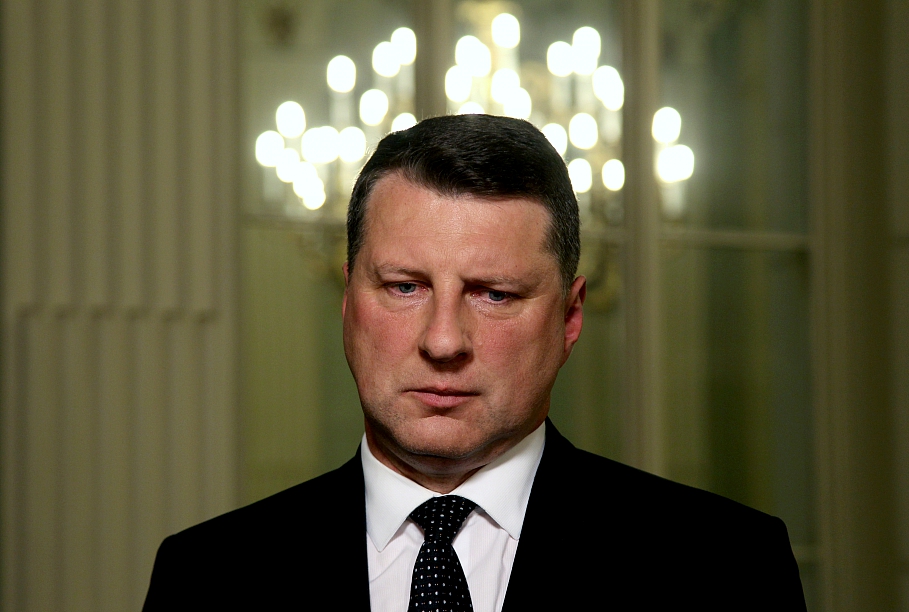Leaders of political parties and other key figures emerged from the one-at-a-time talks to repeat their pre-existing positions, making any chance of a change of heart seem extremely unlikely.
Foreign Minister Edgars Rinekvics emerged from his meeting with President Vejonis to describe Latvia's position as "the most negative one" in Europe.
"The Visegrad countries [Poland, Hungary, the Czech Republic and Slovakia], as well as Latvia do not support mandatory refugee quotas as such. The difference is that the Visegrad countries are discussing [European Commission President Jean Claude] Juncker's plan at the ambassadors committee and the justice and interior affairs councils, saying that they are ready to revise other numbers of refugees or create a different mechanism [for solving the refugee crisis], but our [Latvia's] current stance is that we do not support anything. Our flexibility is very limited, Our position now is the most negative one," he said.
Latvia has not agreed to take in additional refugees because two out of three coalition parties, the nationalist conservative National Alliance and the populist Greens and Farmers Union (ZZS), object to it on principle.
Ironically, Vejonis was a long-serving ZZS minister until his promotion to the presidency.
Unity, the largest party in the coalition, has warned that the refusal to admit more refugees might have negative implications for Latvia's economy and security.
Janis Urbanovics, the parliament faction head of the opposition Harmony party, said after his meeting with the president that the government should explain the process of admission of refugees to the society in more detail, and raised the fear of civil unrest - not for the first time.
Solvita Aboltina, a leader of the center-right Unity party, indicated that the refugee issue has led to a "constitutional crisis" that threatens the stability of Latvia's current government.
Vejonis will continue his talks on the matter on Tuesday.
The Latvian government agreed earlier to voluntarily accept 250 refugees, but, in line with the new Juncker plan, Latvia might have to admit additional 526 refugees.
The impasse has led to Interior Minister Rihards Kozlovskis cancelling his participation in a crucial meeting of EU ministers Monday because Latvia has no official position he can express.



































